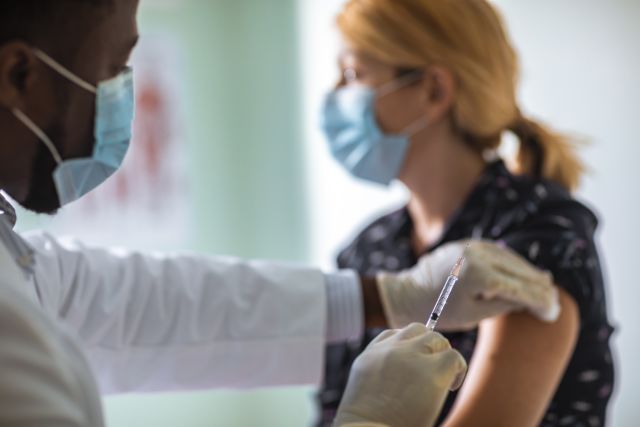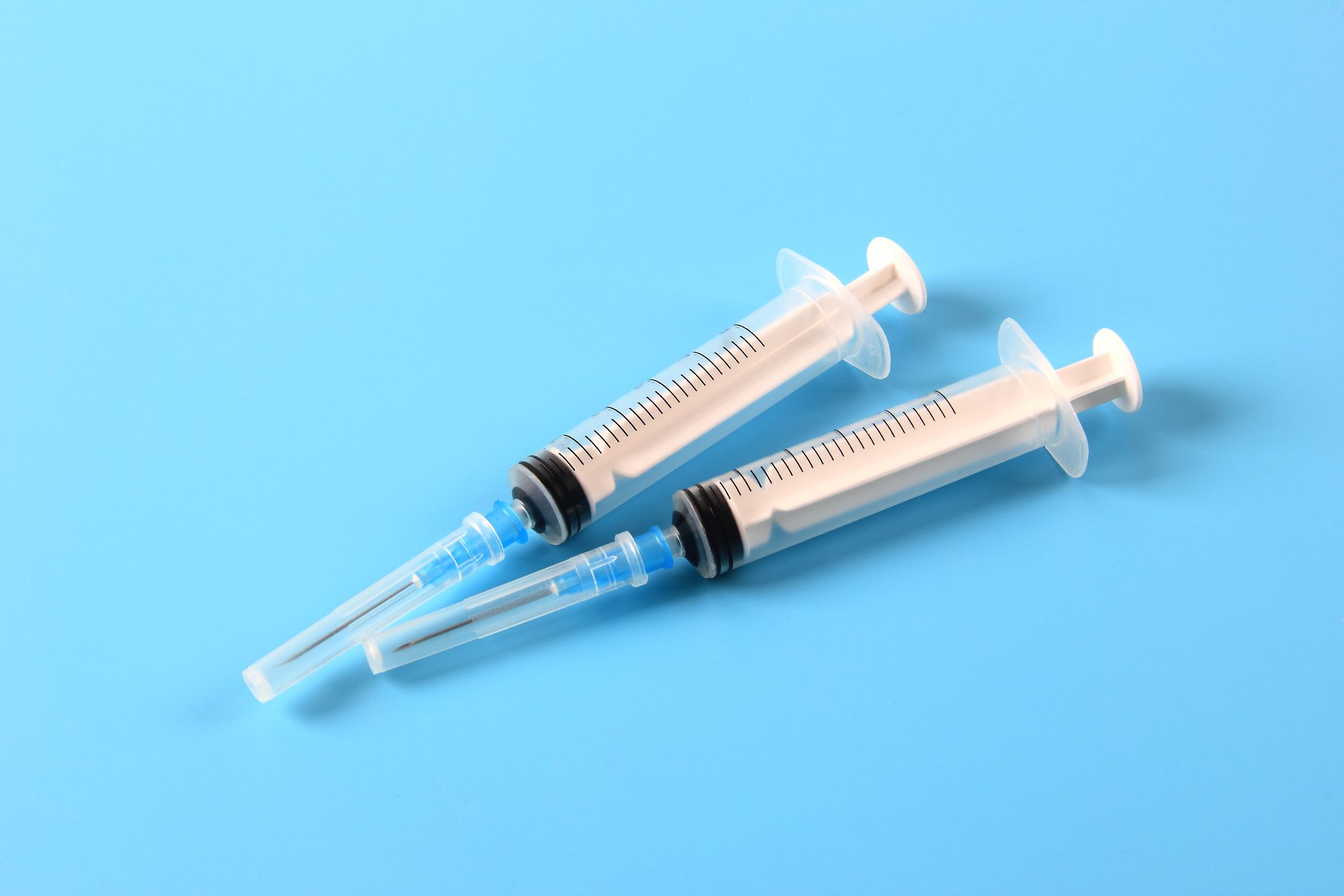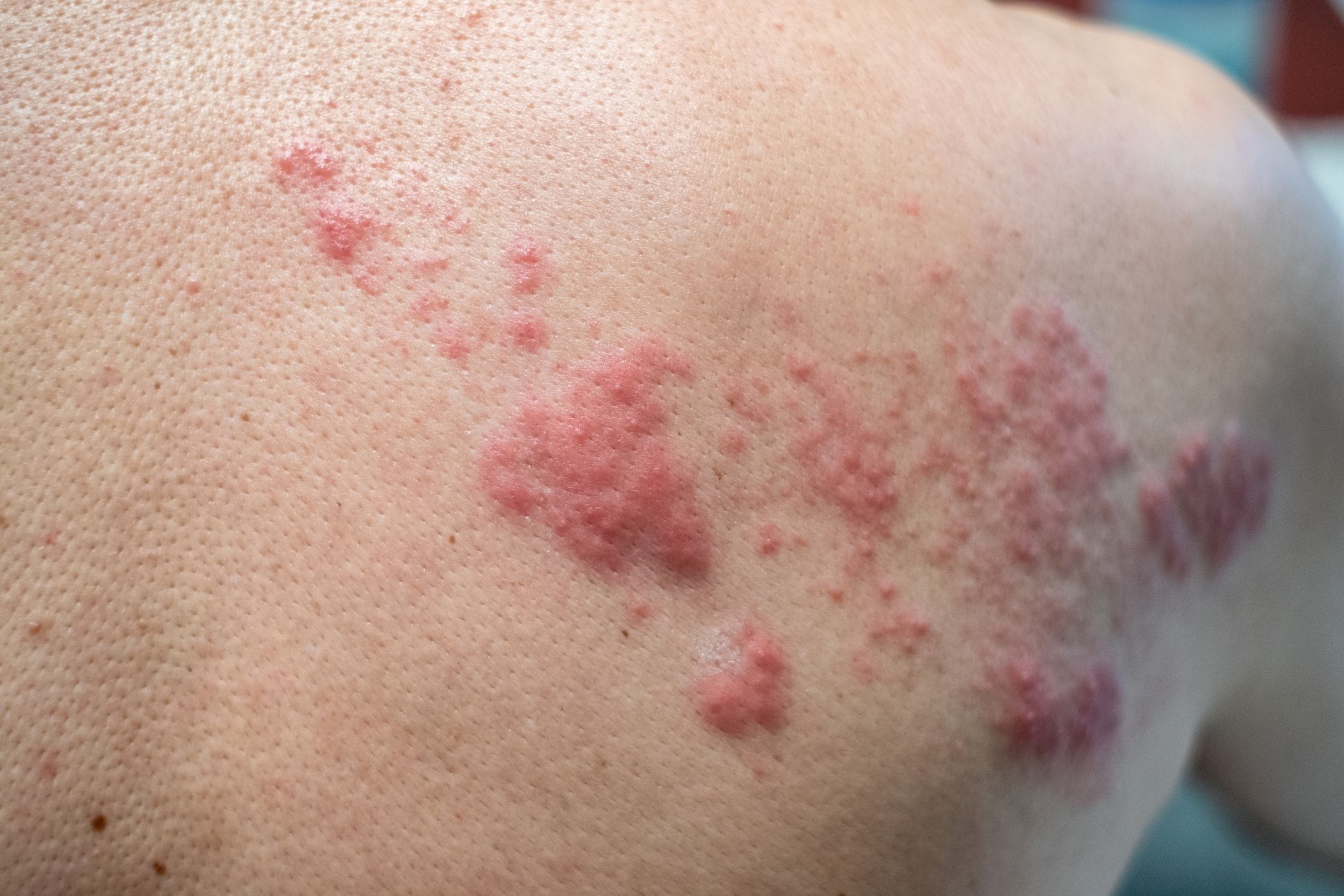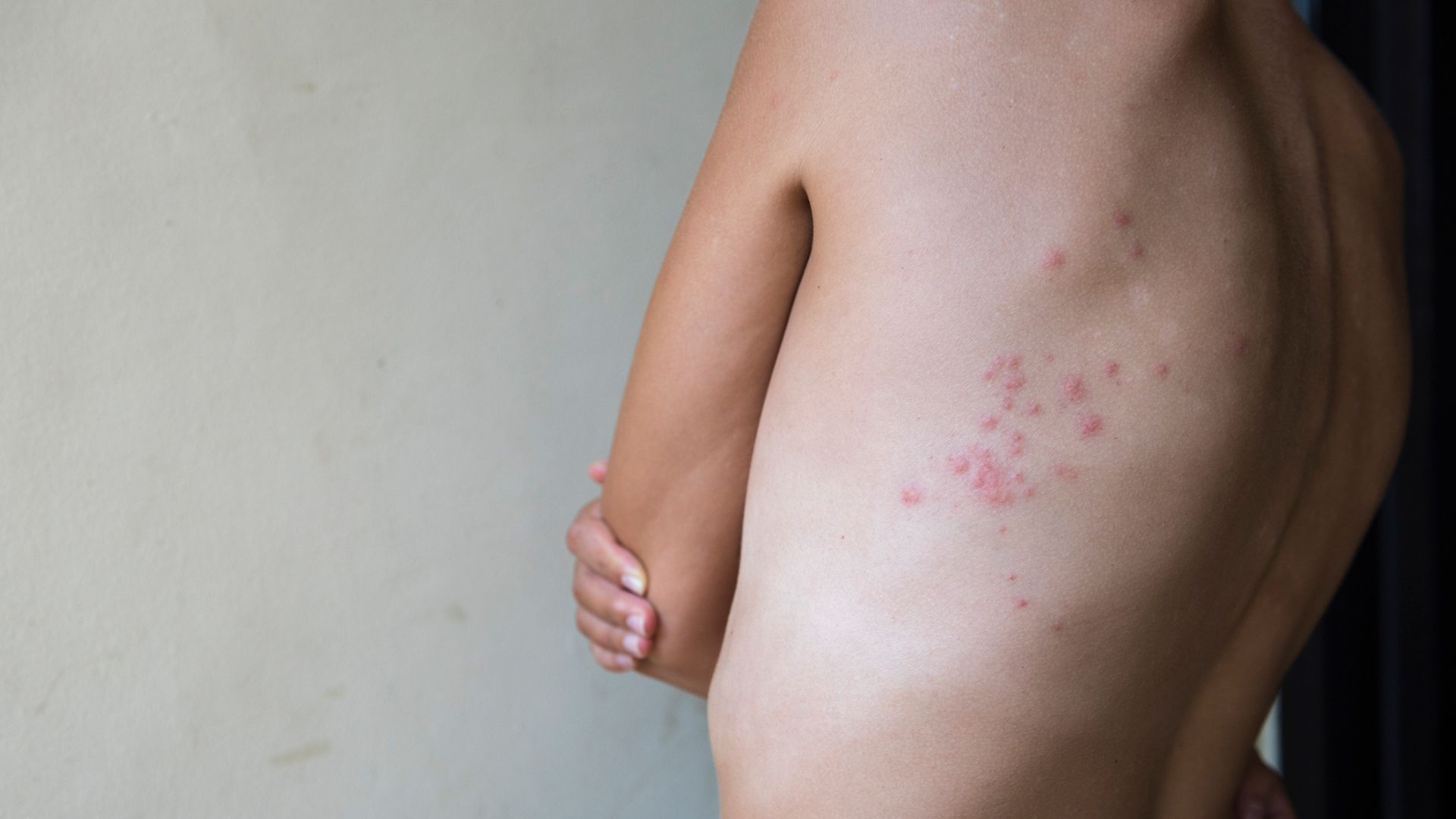In the United States and other northern hemisphere countries, flu season refers to the fall and winter months, when there is a major increase in the transmission of influenza viruses. While flu seasons vary in a number of different ways—duration, severity, and the timing of peak months, to name a few—the fall and winter months typically see a major uptick in illnesses, hospitalizations, and fatalities caused by influenza.
People who are aged 50 or older should consider getting another vaccine when they receive their flu shot—the shingles vaccine.
Here, we look at some common questions about the vaccines.
What is shingles?
Shingles (also known as herpes zoster) is a painful, blistering rash that is caused by the same virus that causes chickenpox:
- Anyone who has had chickenpox is already carrying this virus and is at risk for shingles.
- A person’s risk of having shingles increases as they age.
- About 4 out of every 1,000 people in the U.S. population have shingles in a given year. That number is 1 in 100 for people over the age of 60.
- Between 10 and 18 percent of people who get shingles experience postherpetic neuralgia (PHN), nerve pain that persists after the rash resolves and can last months, or in some cases, years.
- Having shingles increases a person’s risk of heart attack and stroke.
Are the vaccines safe to get at the same time?
Getting the two vaccines at the same time is safe and has not been associated with any adverse effects. Receiving the vaccines together has not been shown to impact the effectiveness of either vaccine. If you have any concerns about any vaccine or medication, talk to your healthcare provider—your HCP is your best source of information about your health.
Can you get a viral infection from the vaccines?
Both the flu shot and the preferred shingles vaccine are made using inactivated viruses—the shingles vaccine cannot give you shingles and the flu shot cannot give you the flu. You can ask your HCP or pharmacist for more information about safety and side effects.
Where can I get these vaccines?
You can always make an appointment with your healthcare provider, or you can receive the vaccines at a pharmacy. Many pharmacies allow you to book an appointment online.
How many doses do I need?
For adults, the annual influenza vaccine is typically a single dose, however the dosage used may vary depending on a person’s age. The preferred shingles vaccine is a series of two doses—the second dose is given 2 to 6 months after the first. Getting the second dose is very important, as it provides the most protection against shingles. A person can receive the flu shot at the same time as either dose of the shingles vaccine.






